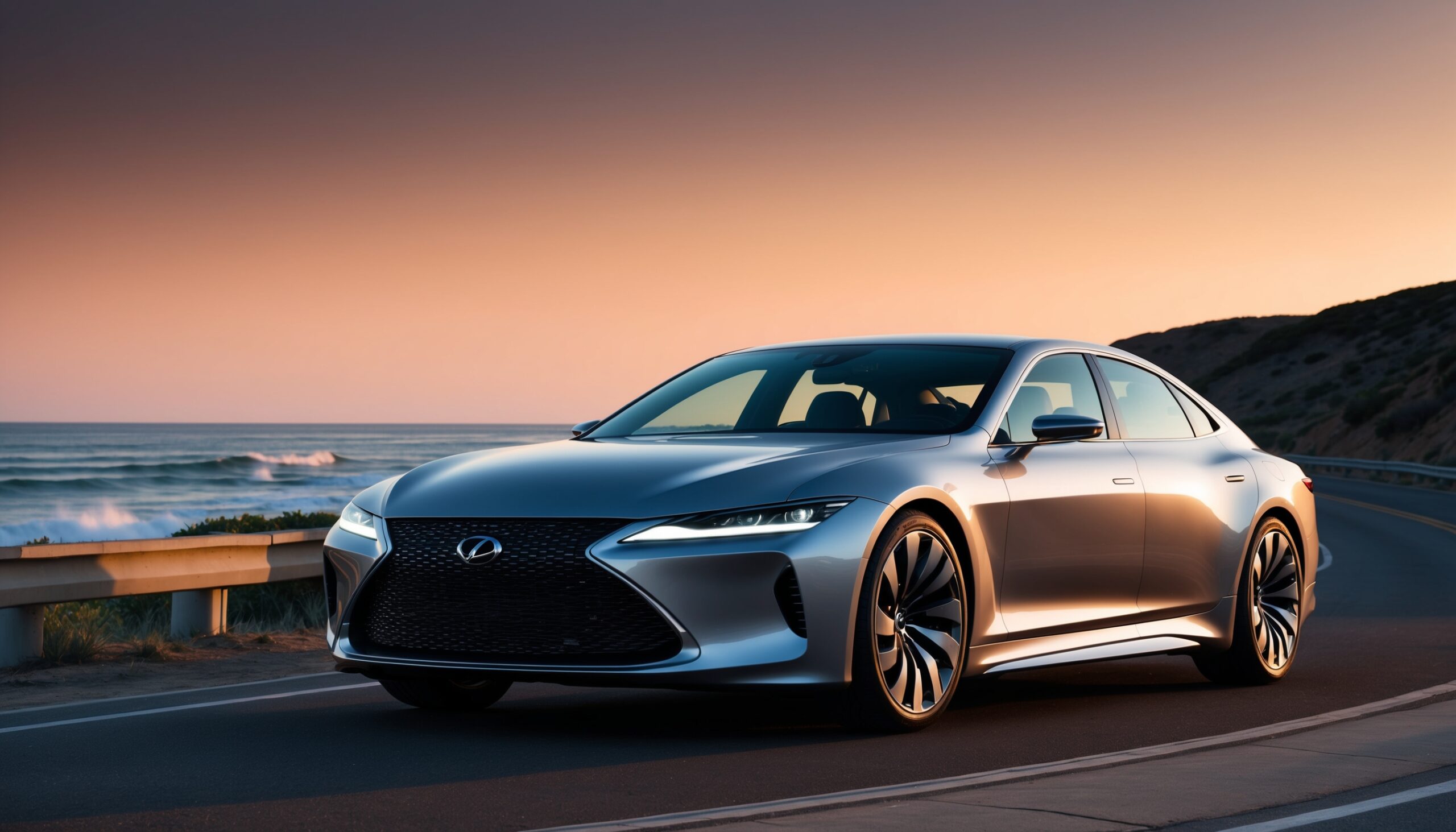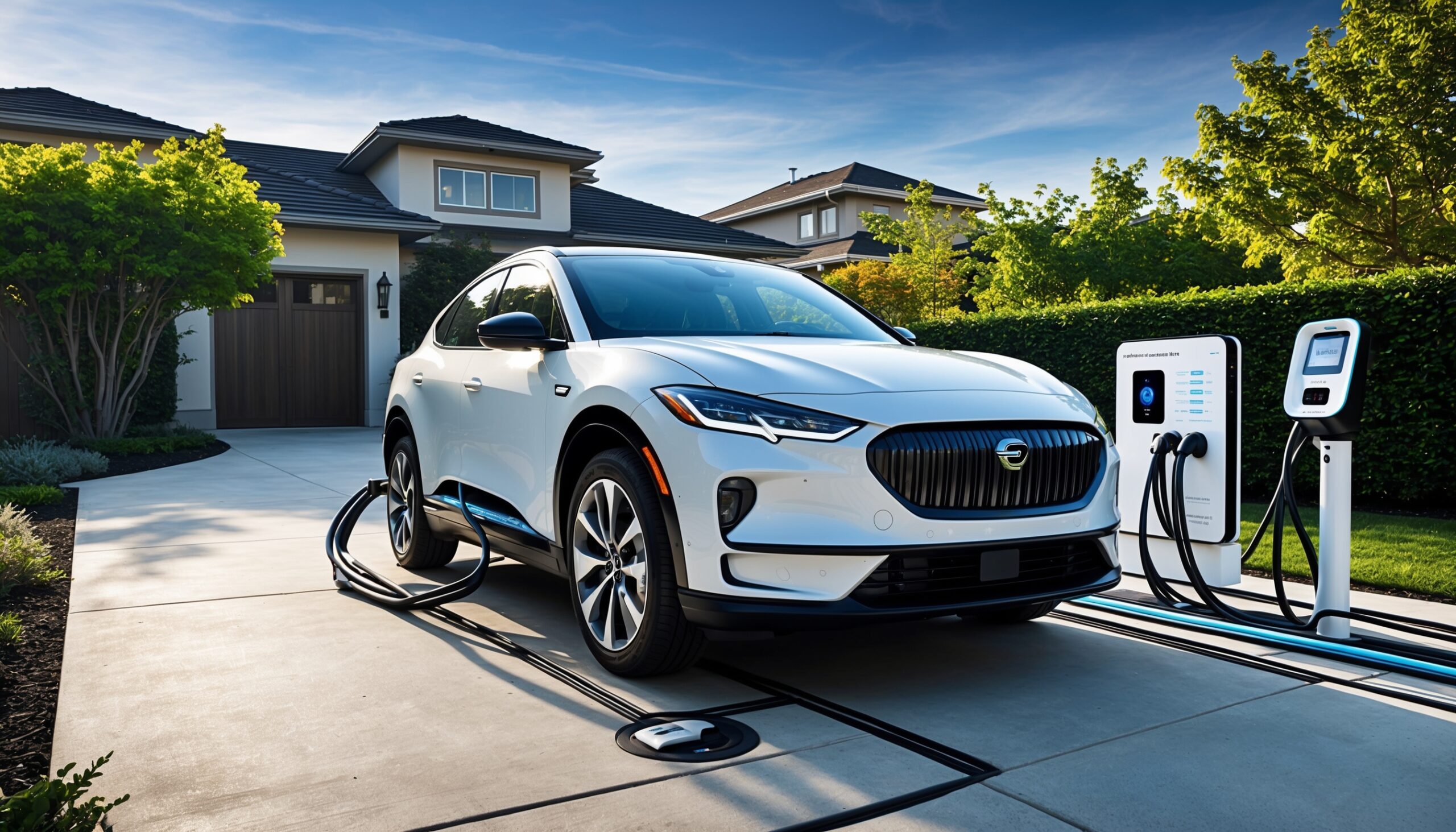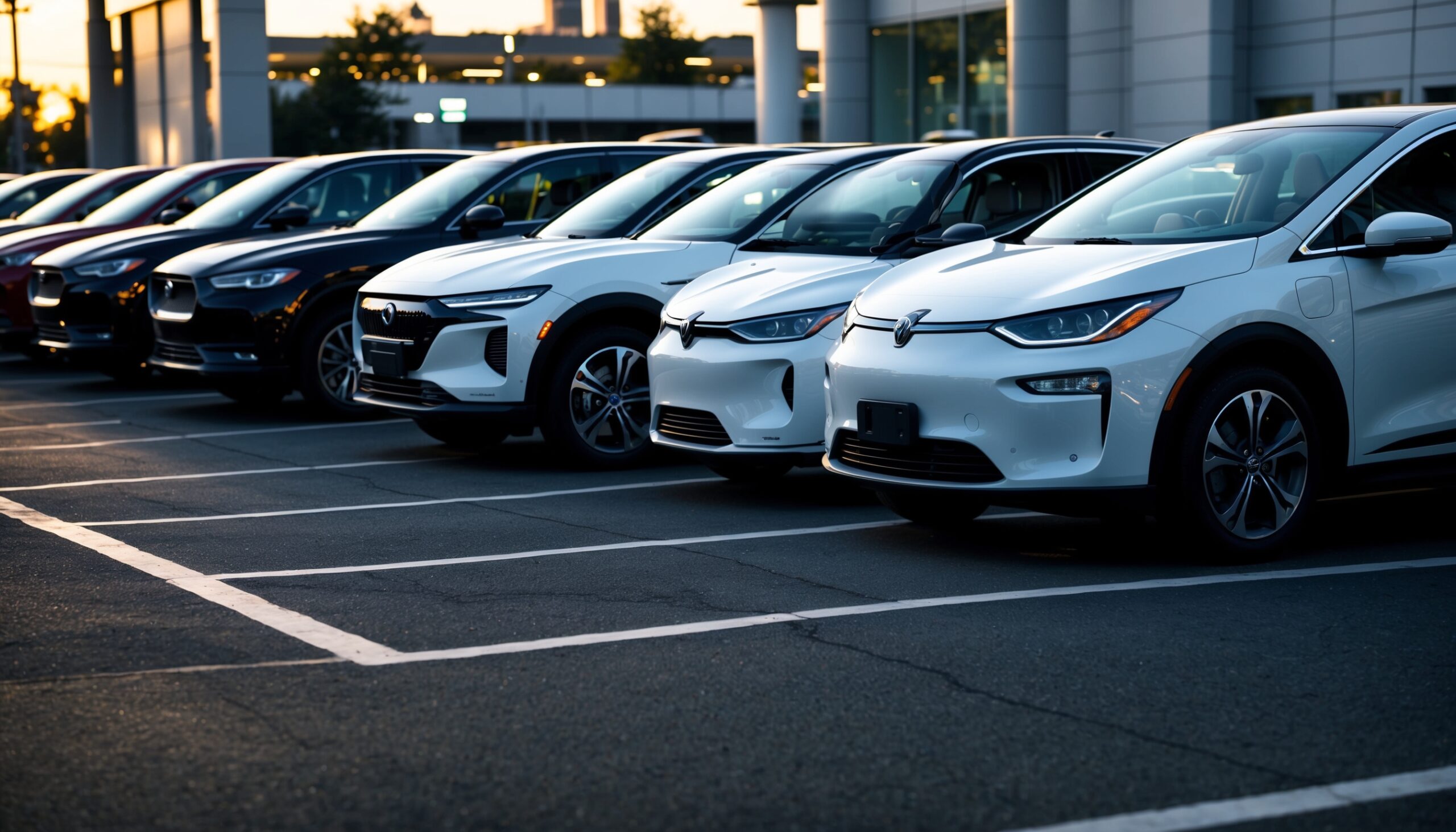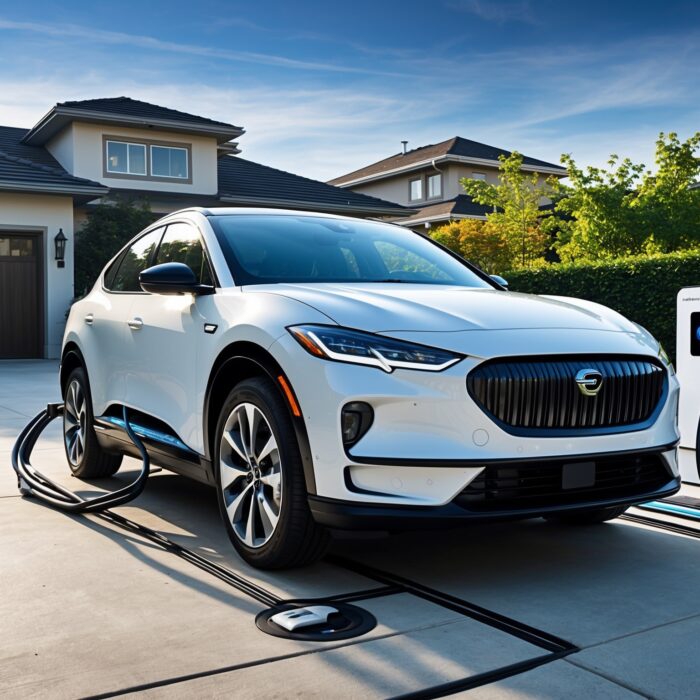Residential Charging Trends: Smart Panels and Load Management Systems
As the world shifts gears toward electrification, the landscape of residential charging is evolving at an incredible pace. For car enthusiasts and eco-conscious drivers alike, keeping up with the latest trends in home charging solutions is essential. Among the innovations gaining traction are smart panels and load management systems, which are transforming how we think about charging electric vehicles (EVs) at home.
The Rise of Electric Vehicles
The transition to electric vehicles is not just a trend; it’s a revolution. As more car manufacturers introduce new models and governments push for stricter emissions regulations, the demand for charging solutions has skyrocketed. With over 1.5 million electric vehicles on the road in the U.S. alone as of 2023, it’s clear that EVs are here to stay.
Also Read: Modular Vehicle Platforms: Designing Cars for Multi-Purpose Use
For many car enthusiasts, the thrill of owning an electric vehicle is matched only by the excitement of optimizing their charging experience. This is where smart panels and load management systems come into play, providing a seamless and efficient way to keep EVs charged and ready to roll.
Understanding Smart Panels
Smart panels are the brains behind modern residential electrical systems. Unlike traditional electrical panels, smart panels come equipped with advanced technology that allows homeowners to monitor and manage their energy consumption in real time. Let’s break down the key features of smart panels:
- Real-Time Monitoring: Smart panels enable homeowners to track energy usage for different appliances, including EV chargers, through a user-friendly app.
- Remote Control: Users can control their charging schedules remotely, choosing to charge during off-peak hours to save on electricity costs.
- Load Balancing: Smart panels can intelligently distribute power across multiple devices, ensuring that your EV charger doesn’t trip the circuit when you’re running other high-energy appliances.
- Integration Capabilities: These panels can integrate with other smart home devices, allowing for a more cohesive energy management strategy.
The Advantages of Smart Charging
One of the most exciting aspects of smart panels is their ability to enhance the EV charging experience. Here are some of the advantages of using smart charging systems in your home:
- Cost Savings: By charging during off-peak hours when electricity rates are lower, homeowners can significantly reduce their energy bills.
- Increased Convenience: No more worrying about when to plug in your vehicle; smart panels can handle the scheduling for you.
- Enhanced Safety: Smart panels can detect potential overloads and automatically adjust power distribution to prevent hazards.
- Future-Proofing: As the demand for electricity continues to rise, smart panels can adapt to accommodate new technologies and appliances.
Load Management Systems: The Backbone of Efficient Charging
Load management systems work hand-in-hand with smart panels to optimize energy usage in your home. These systems are designed to control the amount of power supplied to your EV charger based on overall energy consumption in the household. Here’s how they function:
Also Read: Vehicle-to-Grid (V2G) Systems: Is Your EV Ready to Power Your Home?
- Dynamic Load Management: Load management systems monitor real-time energy usage and adjust the power sent to the EV charger accordingly, ensuring the total energy demand remains within safe limits.
- Prioritization: If multiple appliances are in use, the system can prioritize essential devices, ensuring that your EV charging doesn’t interfere with the performance of other critical appliances.
- Energy Usage Reports: Many load management systems provide detailed reports on energy consumption, helping homeowners make informed decisions about their energy use.
The Importance of Home Energy Management
As electric vehicles become more prevalent, effective home energy management becomes increasingly critical. Here’s why homeowners should consider implementing smart panels and load management systems:
- Environmental Impact: By optimizing energy usage, homeowners can reduce their carbon footprint and contribute to a more sustainable future.
- Energy Independence: Managing energy use effectively allows homeowners to rely less on the grid, especially during peak periods.
- Increased Property Value: Homes equipped with advanced energy management systems often see an increase in property value, making them more attractive to potential buyers.
Choosing the Right System for Your Home
When considering smart panels and load management systems, it’s essential to evaluate your home’s specific energy needs. Here are some factors to consider:
- Home Size: Larger homes may require more advanced systems capable of handling higher energy loads.
- Number of EVs: If you have multiple electric vehicles, look for systems that can accommodate simultaneous charging without compromising performance.
- Existing Infrastructure: Assess your current electrical panel and wiring to determine if upgrades are necessary.
- Future Goals: Consider your future energy needs, including the addition of solar panels or other smart home technologies.
Installation and Maintenance
Installing a smart panel or load management system isn’t a typical DIY project; it requires a qualified electrician. Here’s a brief overview of what to expect during the installation process:
- Consultation: A professional will assess your current electrical system and recommend the best solutions based on your needs.
- Installation: The electrician will install the smart panel or load management system, ensuring all connections are safe and compliant with local codes.
- Testing: After installation, the system will be tested to ensure it operates correctly and efficiently.
- Ongoing Maintenance: Regular check-ups and updates may be necessary to keep your system running smoothly, especially as software updates are released.
Cost Considerations
Investing in smart panels and load management systems can be significant, but it’s essential to weigh the costs against the long-term savings and benefits. Here are some factors that can impact the overall cost:
- System Type: More advanced systems with additional features will generally cost more upfront.
- Installation Costs: Hiring a qualified electrician will add to the initial expense, but it’s crucial for safety and compliance.
- Incentives and Rebates: Check for any local or federal incentives for installing energy management systems; these can help offset costs.
- Long-Term Savings: Don’t forget to factor in the potential savings on your energy bills over time.
Future Trends in Residential Charging
The future of residential charging is bright, with many exciting trends on the horizon. Here are a few developments to keep an eye on:
- Increased Integration with Renewable Energy: As more homeowners adopt solar energy, smart panels will allow for optimized charging based on solar production.
- Vehicle-to-Grid Technology: This technology will allow EVs to not only draw power but also send excess energy back to the grid, creating new revenue streams for homeowners.
- Enhanced User Interfaces: As technology advances, expect even more intuitive interfaces for managing energy consumption and vehicle charging.
- Community Charging Initiatives: More neighborhoods are exploring community charging solutions that benefit multiple residents, making EV ownership even more accessible.
Engaging the Electric Vehicle Community
For car enthusiasts, engaging with the electric vehicle community can enhance your experience and knowledge of residential charging solutions. Here are a few ways to get involved:
- Join Local EV Clubs: Many cities have electric vehicle clubs where enthusiasts share tips and experiences regarding charging and technology.
- Attend EV Events: Car shows, expos, and seminars often feature discussions on charging technologies and innovations.
- Participate in Online Forums: Online platforms offer spaces for discussions about everything from the latest EV models to home charging solutions.
- Stay Informed: Follow publications like Torque Feed for the latest news and trends in the automotive industry, helping you stay ahead of the curve.
Final Thoughts
As residential charging technology continues to evolve, smart panels and load management systems are paving the way for a more efficient, cost-effective, and sustainable future for electric vehicle owners. For car enthusiasts, this means not only embracing the electric revolution but also optimizing the way we charge our vehicles at home. By staying informed and engaged with the latest trends, you can ensure that you are making the most of your electric vehicle experience.
At Torque Feed, we are committed to keeping you updated on the automotive innovations that matter most. With the right tools and knowledge, you can confidently navigate the exciting world of electric vehicles and residential charging solutions.












